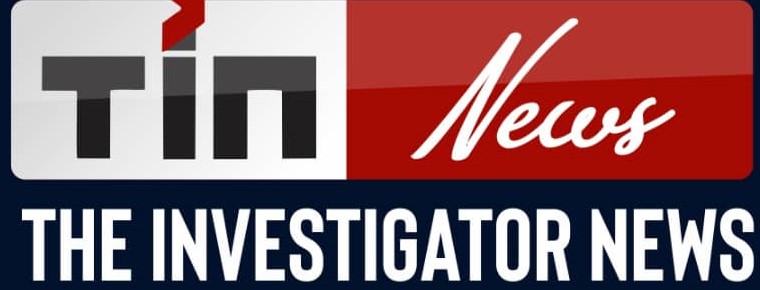ABUJA – At the same time that Nigeria is commemorating the 30th anniversary of the annulment of the Presidential elections held on June 12, 1993, Corporate Accountability and Public Participation Africa (CAPPA) has charged President Bola Ahmed Tinubu with the responsibility of raising the minimum wage for all categories of workers and ensuring that his administration works to protect and defend the democratic rights of the country’s citizens.
In a statement signed by Zikora Ibeh, CAPPA’s Policy and Research Officer, which was made available to journalists over the weekend, the group emphasised that the only way citizens’ longstanding aspirations and hope in true democracy, which was encapsulated in the long-drawn struggle against the de-annulment of June 12, can be met is when Nigerians are able to choose their leaders in a free, fair, and transparent process devoid of violence, ethnic and religious hatred.
According to the organisation, the President can show that he truly believes in democracy by making sure that the benefits of democracy are distributed equally to all Nigerians, regardless of their socioeconomic standing or their racial, religious, or political affiliations.
The statement attributed those words to Oluwafemi Akinbode, the Executive Director of CAPPA. He was quoted as saying that “June 12 stands as a symbol of Nigerians’ steadfast struggle against military despotism and for democratic governance.” We believe that the need for Nigerians to fully enjoy their democratic rights in the selection of who governs them is far more important than the need to recognise and honour the heroes of this remarkable struggle, as was done under previous regimes.
“They too must start to feel the dividends of democracy for which they sweated, struggled, and died during those many years of street battles and protests against the rule of the military,” the author writes. “They also must begin to feel the dividends of democracy.”
Akinbode stated, “It has been over 24 years since democratic rule was restored in Nigeria, but it is arguable whether the form of governance that exists in Nigeria today can be described as a democracy or simply civilian rule.”

“although there has been some marked progress in terms of a thriving multiparty democracy and regular elections, Nigeria’s record of human rights violations has not fundamentally improved.”
In contrast, “since 1999, Nigeria has experienced systematic attacks on democratic rights, attacks on the opposition, shrinking civic space, arbitrary arrests, illegal detentions, torture and extrajudicial killings by security agents,” as well as “suppression of the rights to freedom of expression and assembly, violation of the principles of separation of powers, assault on the judiciary and press freedom.”More worrisome is the fact that every elected government since 1999, whether at the federal or state level, has consistently disregarded Chapter 2 of the 1999 Constitution (As Amended), which clearly outlines the social contract between the State and the people with regards to the funding of public education, healthcare, living wages, and the provision of adequate jobs and shelter.



